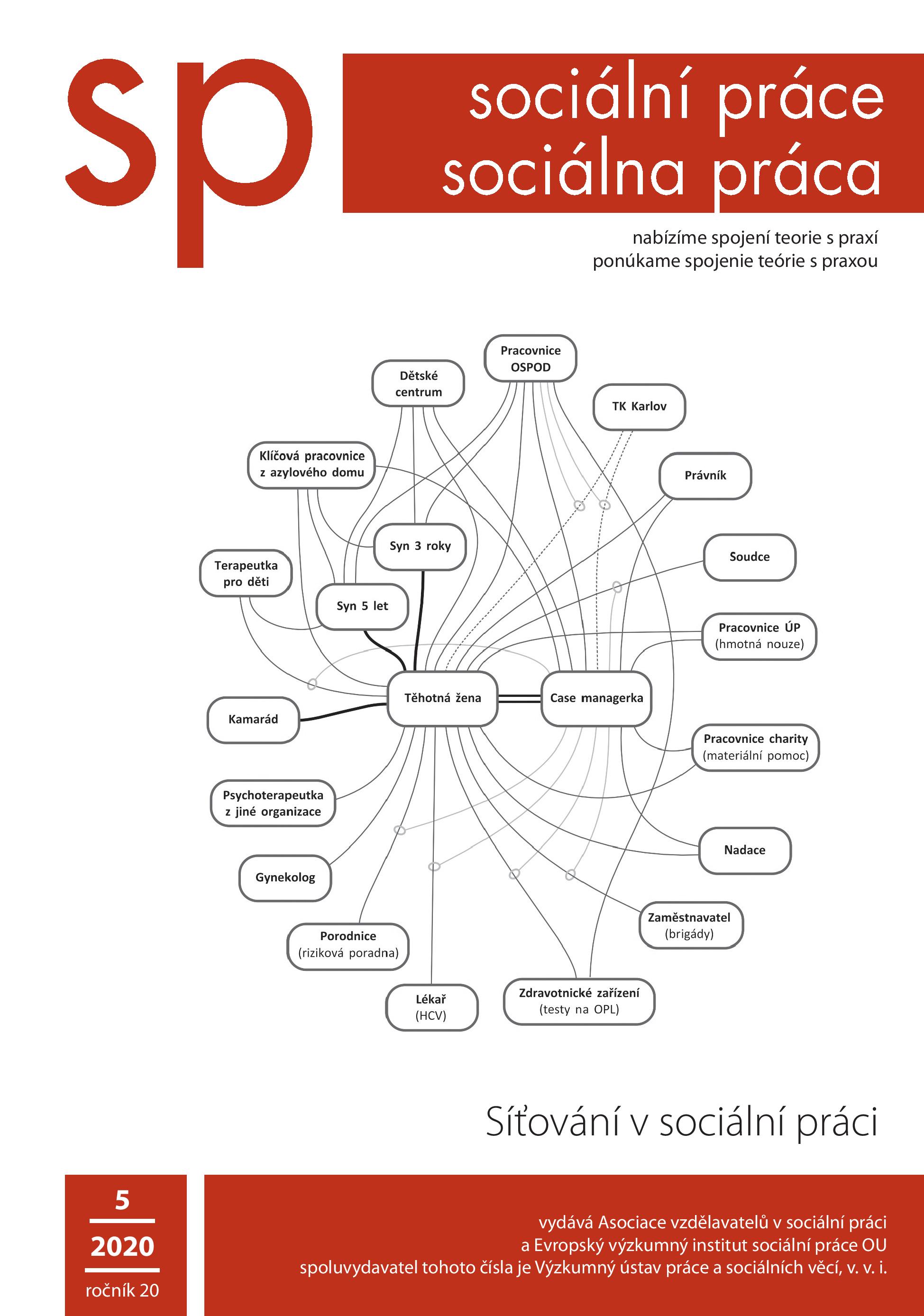
Search the web
Publishing schedule
6/2020 – Evaluation in Social Work 1/2021 – ERIS Journal - Winter 2021 - Forced Migration and Minority Groups 2/2021 – 3/2021 – 4/2021 – ERIS Journal - Summer 2021 - Histories of social work
Issues
Issues » 2018/4 - ERIS Journal - Summer 2018 »
Civil and Forensic Patients: Comparing Demographics, Risk Factors, and Negative Life Events
Julie Anne Laser-Maira, Granger Petersen, Haily Stephens, Donna Michelle Peach
Abstract:
OBJECTIVES: This investigation centres on how the mentally ill with a forensic admission compare to the mentally ill with a civil admission, and investigates who inpatients with a forensic and civil admission are, and how the risk factors and negative historical events they have experienced compare or differ. THEORETICAL BASE: Using a risk and resilience framework, risk factors that are deleterious to healthy development are used as variables. METHODS: The records of all adult inpatients both forensic and civil, aged 18 to 89 at admission in two U.S. mountain region public psychiatric hospitals were included in the sample (n=1768). All patients are assessed using the Colorado Clinical Assessment Record (CCAR) which, measures a diverse set of variables including Current Issues, History of Issues, Demographics, and Disabilities. OUTCOMES: Civil and forensic patients have more in common than differences. Both samples compare more closely to risk factors and negative historical events than they do to the general population. However, this begins to break down once the sample is separated by gender. SOCIAL WORK IMPLICATIONS: Social Workers who work in prison systems need to become more familiar with mental illness interventions. Additionally, social workers should both educate law enforcement about de-escalation tactics with the mentally ill and intervene on mental health related police calls. On the macro level, social workers should advocate for the mentally ill to be housed in psychiatric hospitals rather than be imprisoned where they will often not receive inpatient psychiatric care.Keywords:
civil, forensic, inpatient psychiatric hospitals, gender, risk factors
Related papers
 Empowering Youth At-Risk in School Through Participatory Methods of Work Developed Within the FYS-Forums Project – Research Findings
Empowering Youth At-Risk in School Through Participatory Methods of Work Developed Within the FYS-Forums Project – Research Findings Child Protection and Gender-Based Violence: How to Prevent the Risk of Secondary Victimization
Child Protection and Gender-Based Violence: How to Prevent the Risk of Secondary Victimization Multidisciplinary View of the Preparation Process of Prisoner Reintegration in Leaving Units in the Czech Penitentiary Environment
Multidisciplinary View of the Preparation Process of Prisoner Reintegration in Leaving Units in the Czech Penitentiary Environment Currently Discussed Topics Related to Feminist Approach in Psychology
Currently Discussed Topics Related to Feminist Approach in Psychology Gender Aspects in Family Social Work – Implications for Education
Gender Aspects in Family Social Work – Implications for Education
© 2014, Czech and Slovak Social Work | counter: ![[CNW:Counter]](http://counter.cnw.cz/minitahoma.cgi?socialniprace&6&FFFFFF&483d8b&on) | … administration
| … administration



